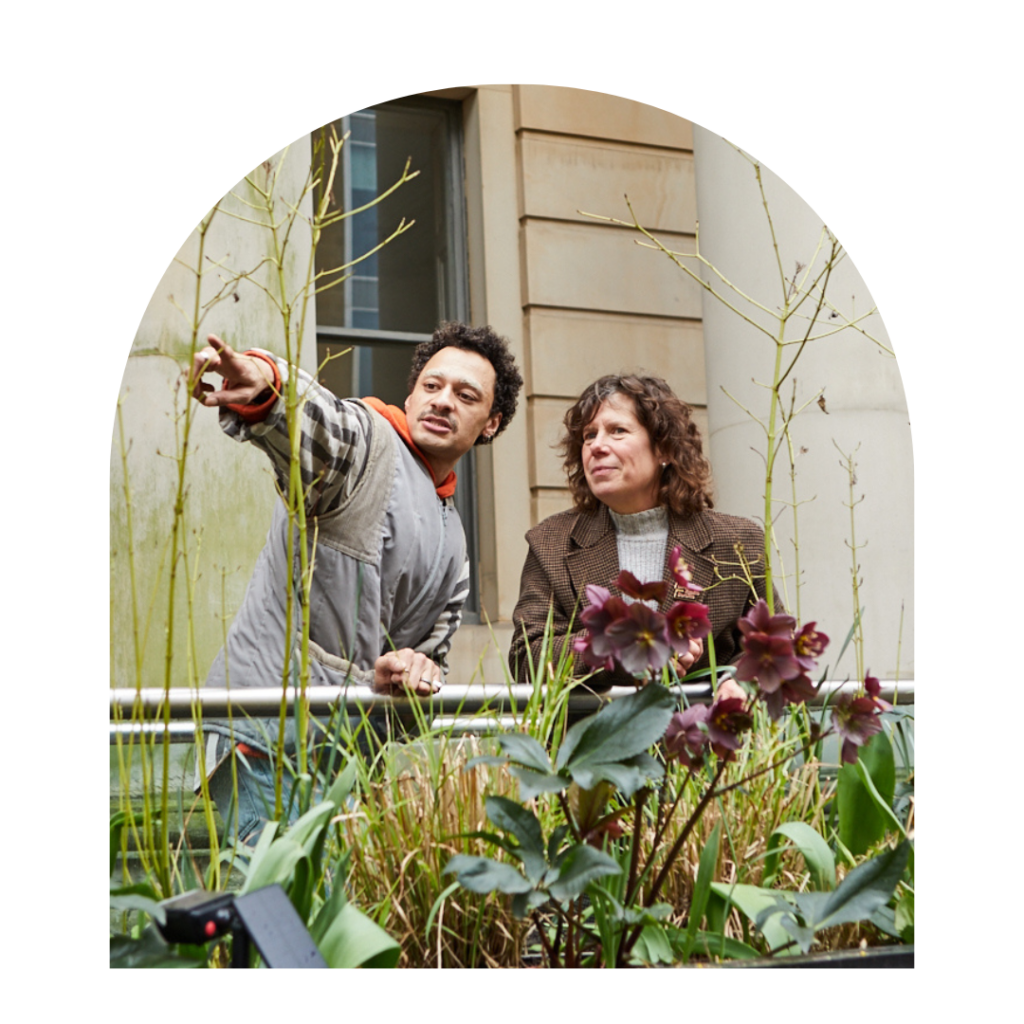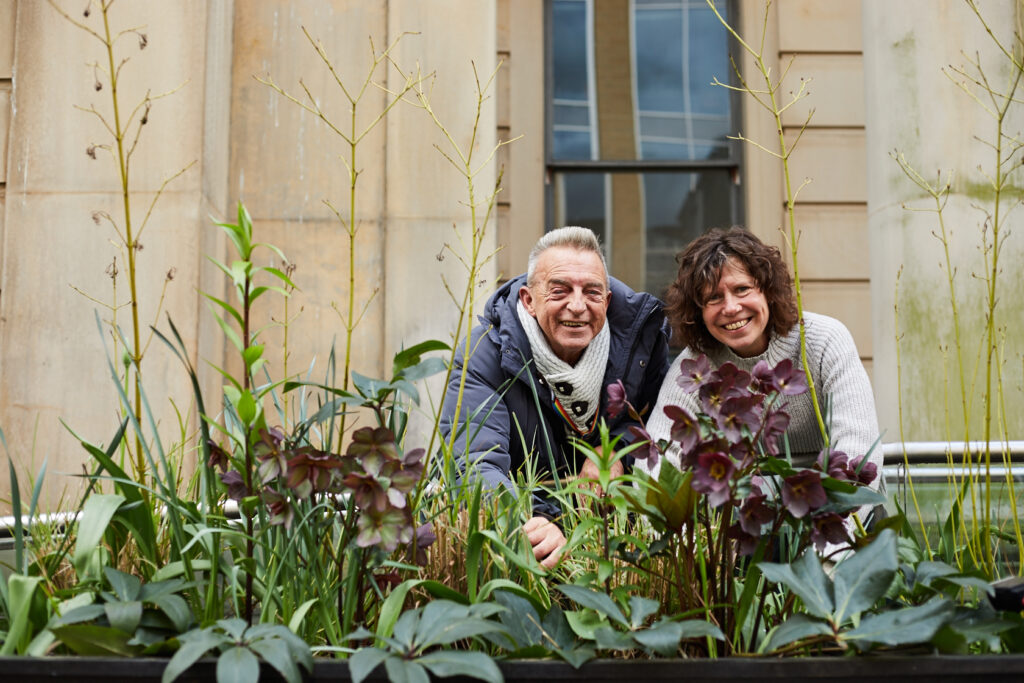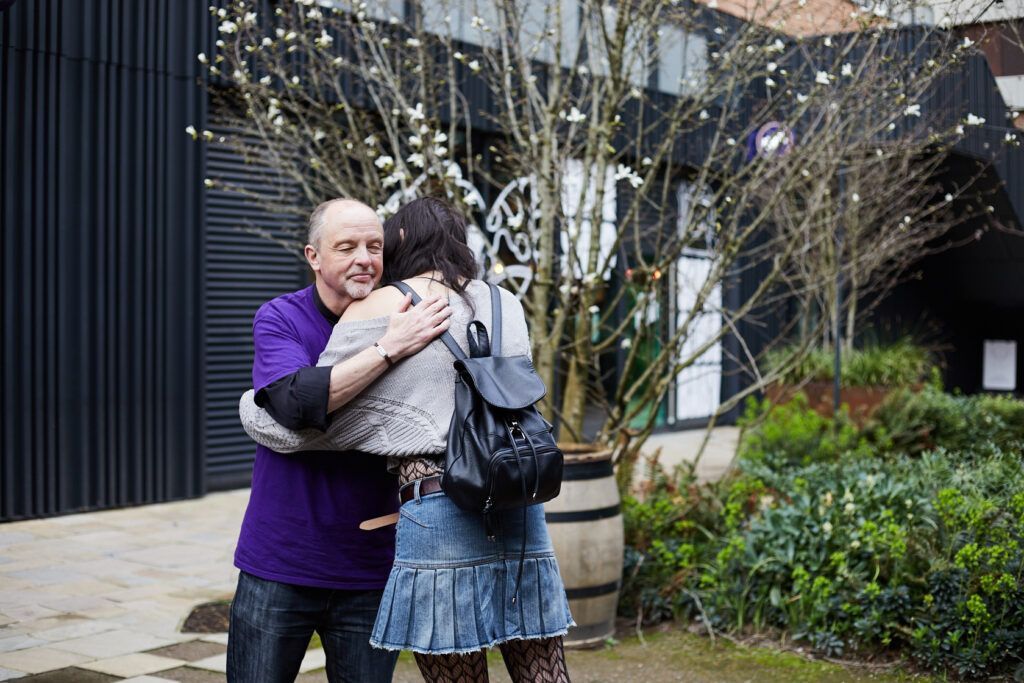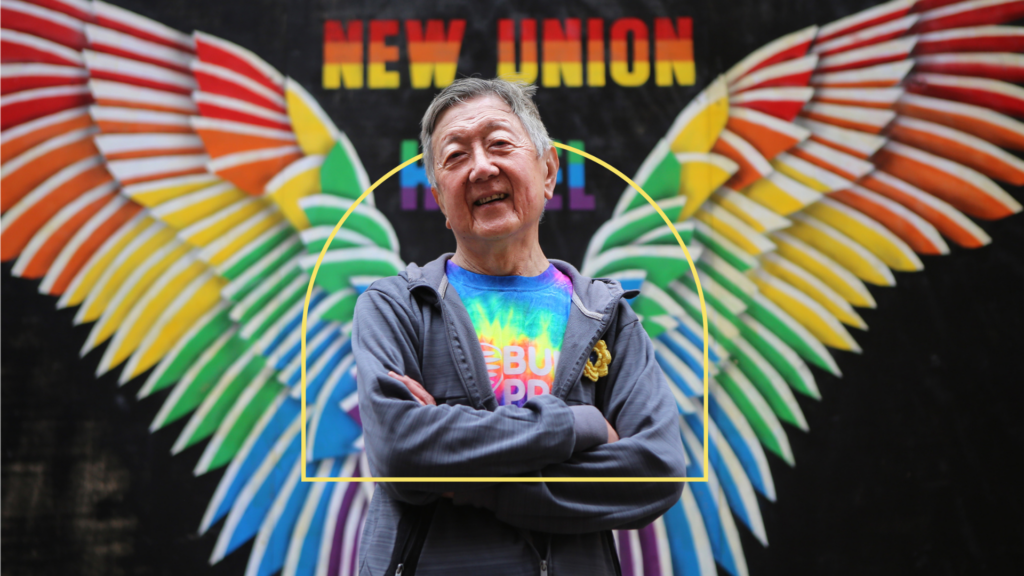CELEBRATING AND SUPPORTING OUR
LGBTQ+ OVER 50’S
Find out more about our Pride in Ageing programme, which is funded by Manchester City Council, Age Friendly Manchester and Barclays.
The Pride in Ageing programme highlights the ongoing contributions of LGBTQ+ over 50s to our city region and ensures their voices are heard when it comes to ageing policy and planning. Launched by Sir Ian McKellen in June 2019, the programme was also set up to address concerns that too many lesbian, gay, bisexual and trans people over the age of 50 are living in isolation and facing discrimination as a direct result of their sexual orientation or gender identity.


From campaigns and research to events and volunteering – Pride in Ageing’s activity is a year-round celebration of the age diversity within our LGBTQ+ communities in Greater Manchester. We’d love for you to get involved!
At the heart of the project, an advisory group of 18 community members meets monthly and feeds directly into programme planning and design. This group also informs the services and support we deliver as an organisation.


Sign up for the LGBT Foundation newsletter to hear the latest news and updates from the programme, keep an eye on our latest volunteering opportunities, and check out our archived projects and current events listings.
If you have any questions please get in touch by email.






*Inclusion of menu of current/past projects and ‘spotlight on’ sections*






